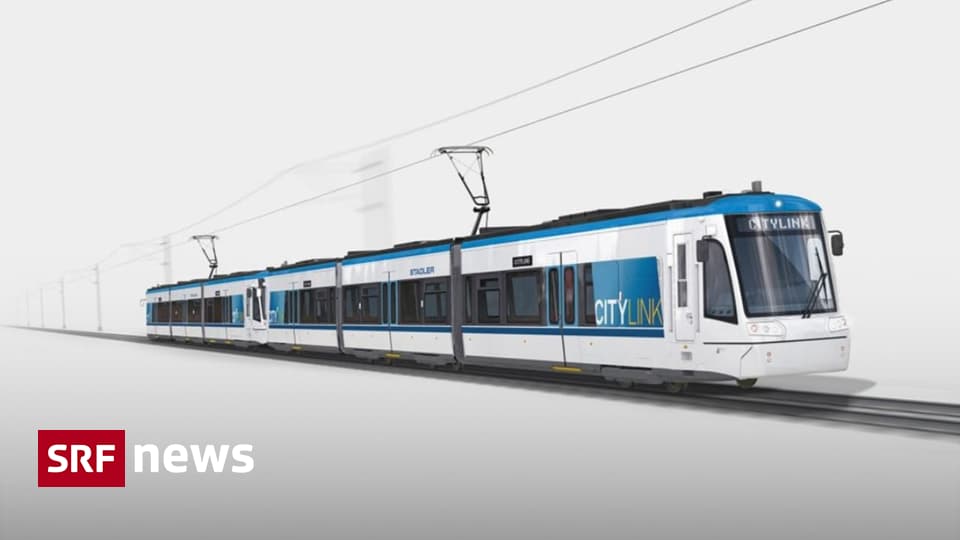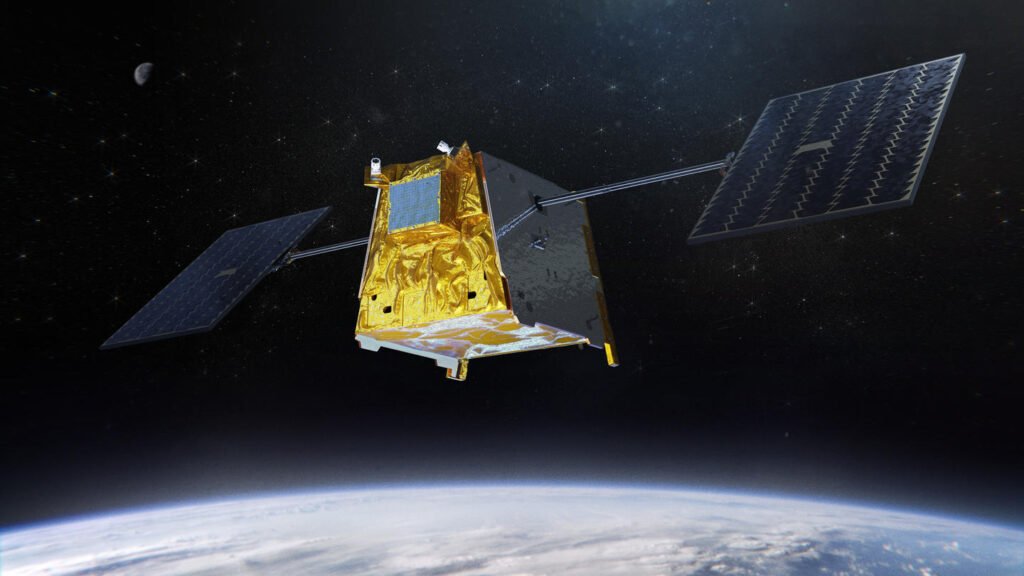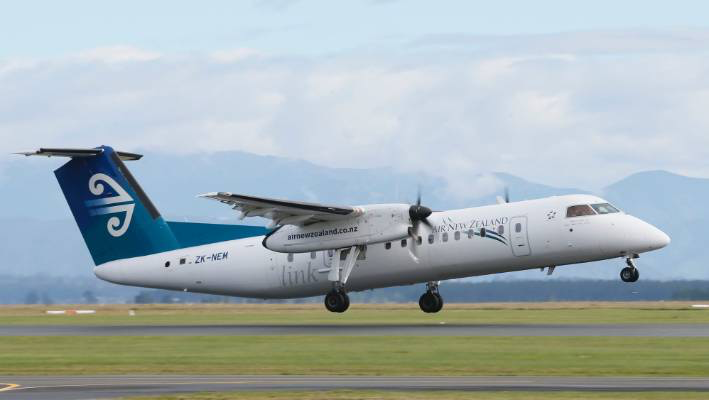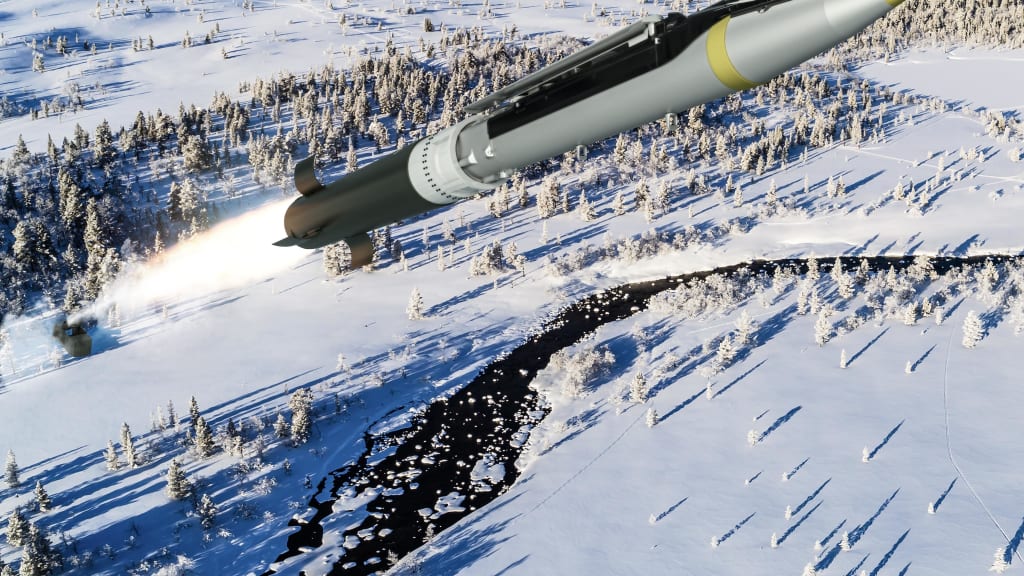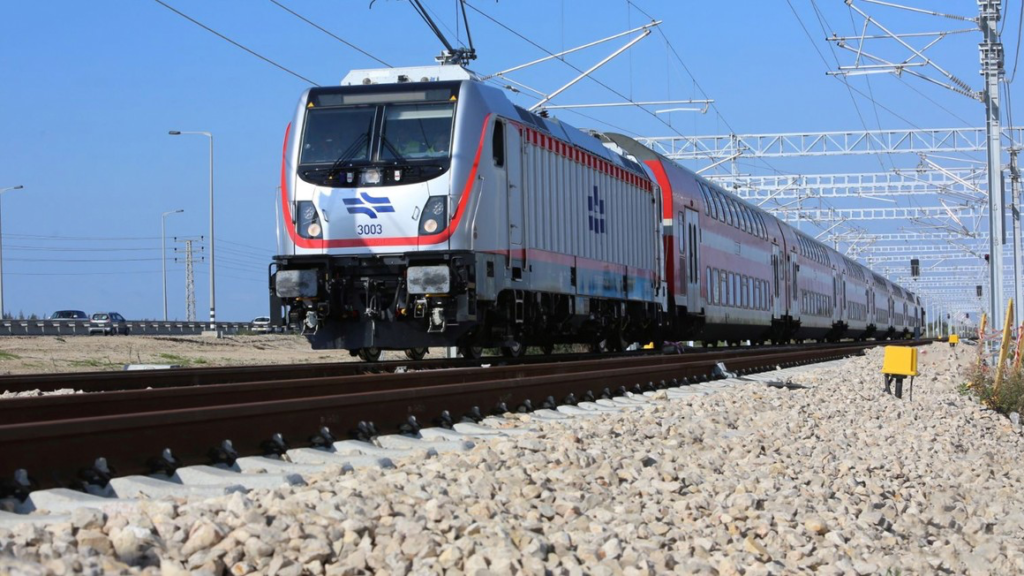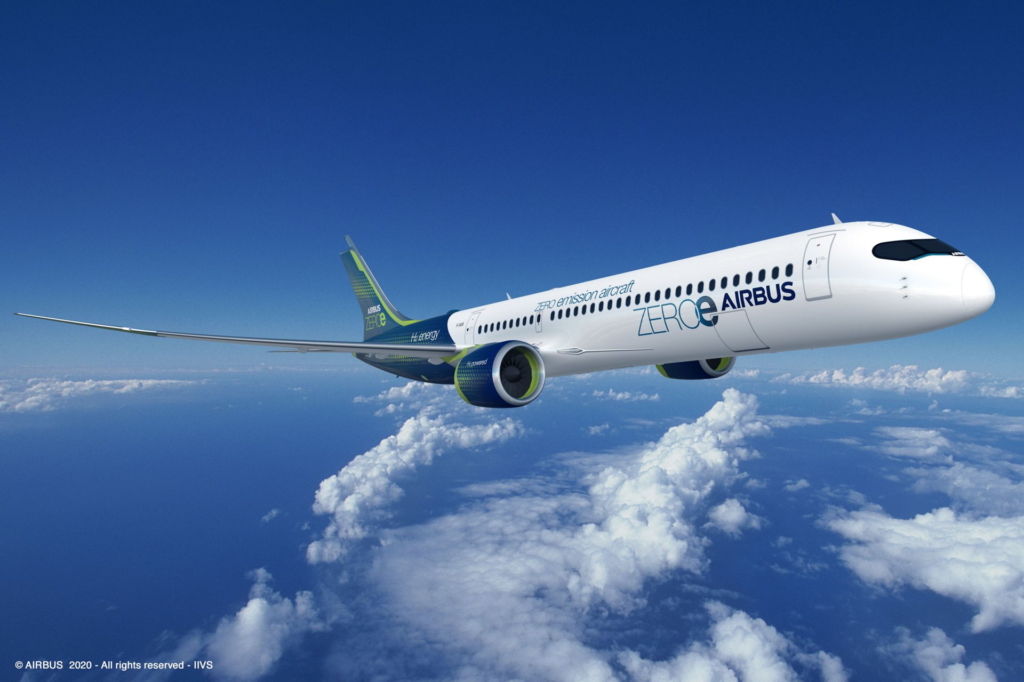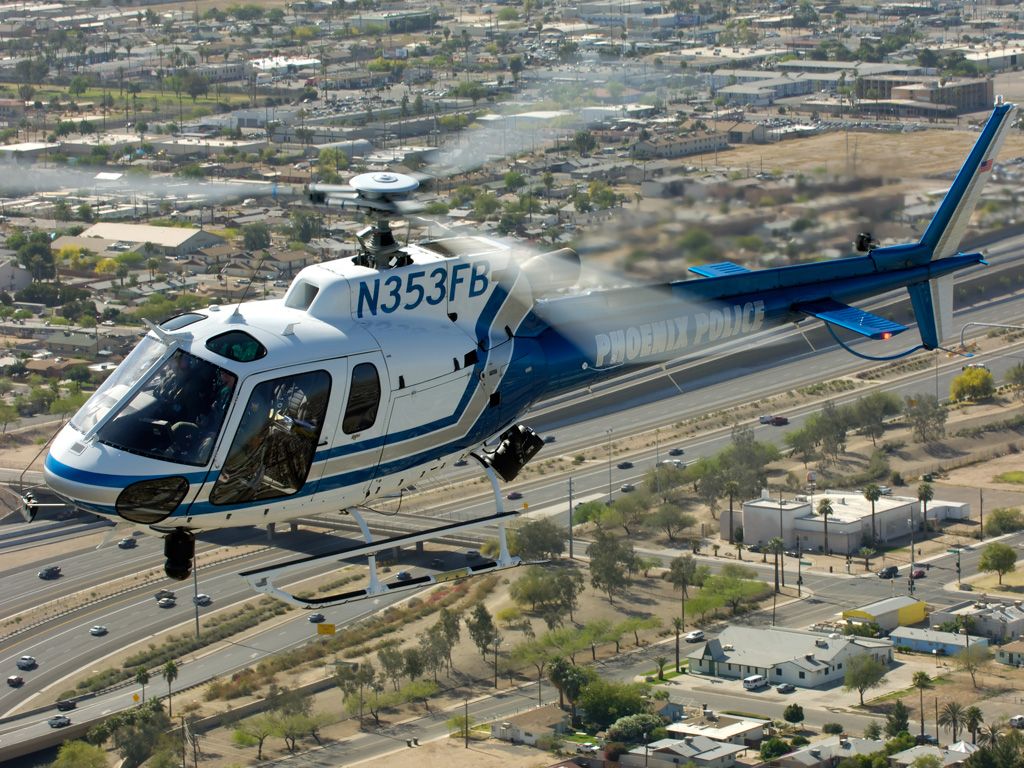Stadler to Deliver up to 504 Tram Trains to German Austrian Project Consortium
Stadler has been awarded the largest contract in the company’s history with a total volume of up to four billion euros: it has won an international tender held jointly by six transport companies from Germany and…
